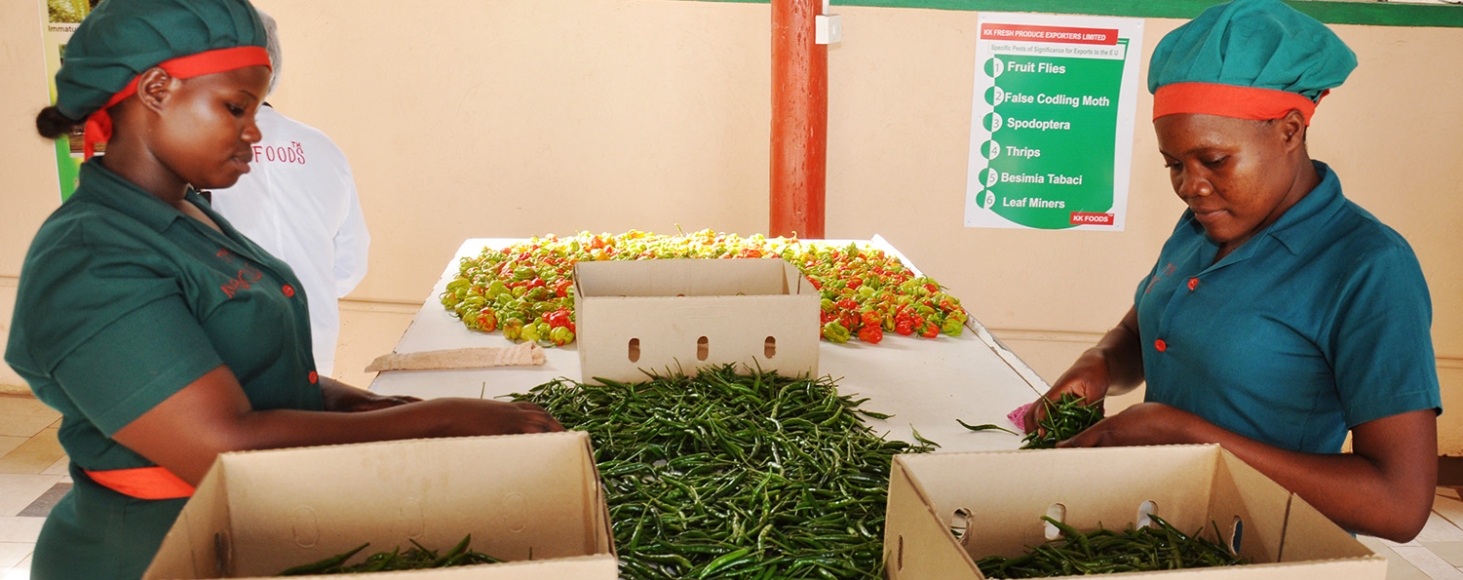
In 2004, the African Agricultural Capital (AAC), a pioneering agricultural impact investment vehicle, was set up to stimulate investment in East Africa's agricultural businesses. AAC invested in early-stage and small-scale agribusinesses with the potential to bring agricultural innovation and social and economic benefits to smallholder farmers. Several portfolio companies grew substantially and had a significant impact within their industries and upon their stakeholders. From the outset, AAC aimed to foster social and economic gains by supporting businesses requiring investments ranging from US$100,000 to US$1.2 million.
After fully divesting and formally closing the fund in 2019, the portfolio manager, Pearl Capital Partners (PCP), and the fund investors—Gatsby Charitable Foundation, The Rockefeller Foundation, and Volksvermogen NV—sought to capture AAC’s broader impact and lessons learned, which could inform other impact investment funds, both under PCP management and beyond.
